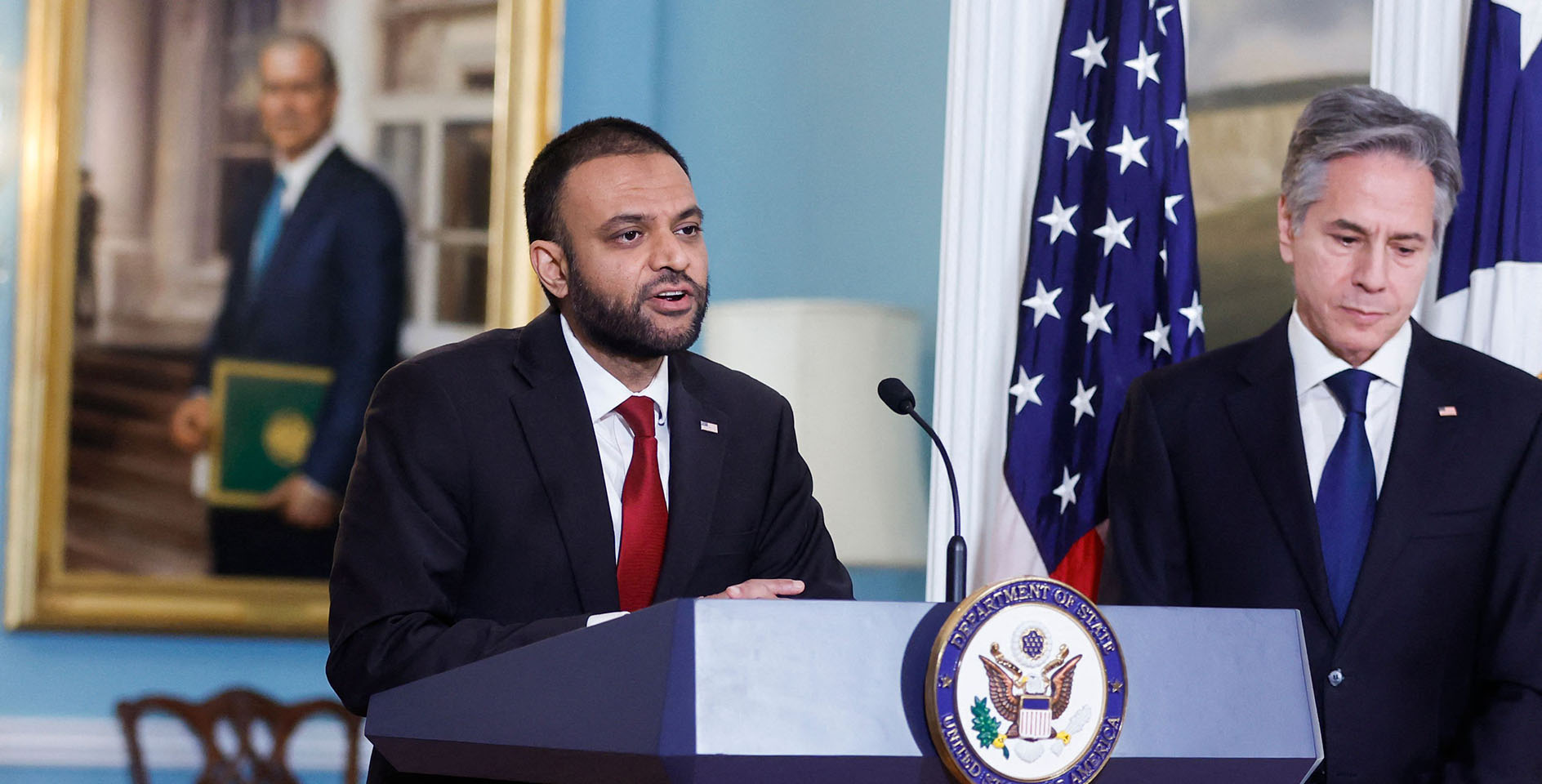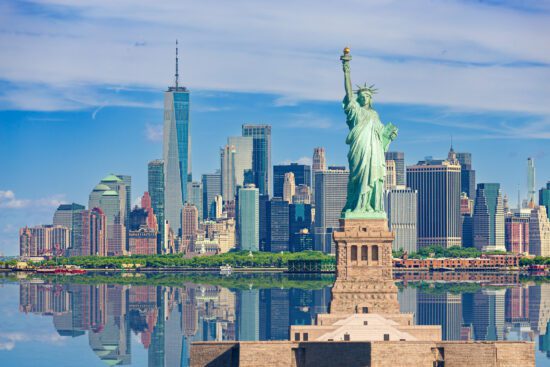This year marks the 25th anniversary of the International Religious Freedom Act (IRFA), a landmark law that has had a significant impact on promoting and protecting religious freedom around the world. Enacted on Oct. 27, 1998, the IRFA has become a crucial tool in the United States’ efforts to advance religious freedom globally. As we celebrate this milestone, here is what Christians in America should know in order to understand what the act is, why it matters, and how it has benefited mankind.
What is the International Religious Freedom Act?
The IRFA is a U.S. law that mandates the inclusion of religious freedom concerns in the country’s foreign policy. As President Clinton stated at the signing ceremony, “Religious freedom is a matter of national security as well as personal conviction.” Here are several requirements of IRFA:
- The act established a framework within which the U.S. could engage with other nations to advocate for the religious rights of individuals, regardless of their faith or belief system.
- It also requires the U.S. government to condemn violations of religious freedom abroad and assist foreign governments in protecting this fundamental human right.
- It led to the establishment of the Office of International Religious Freedom within the Department of State and the appointment of an ambassador-at-large for international religious freedom.
- It requires an annual report from the State Department on the status of religious freedom in each country around the world.
- It also established the U.S. Commission on International Religious Freedom (USCIRF), an independent, bipartisan federal body that monitors religious freedom conditions worldwide and makes policy recommendations to the president, secretary of state, and Congress.
Through various mechanisms, including annual reports, targeted sanctions, and diplomatic engagement, the IRFA endeavors to hold accountable those nations where religious persecution is rampant, while also supporting countries working diligently to improve religious liberty.
Why does the International Religious Freedom Act matter?
Religious freedom is a bedrock American value, and the IRFA reflects the strong and enduring commitment of the U.S. to advancing this right for everyone in the world. The act recognizes that freedom of religion or belief is inextricably linked to other fundamental rights such as freedom of expression, conscience, and association. When religious freedom is at risk, these other freedoms are also jeopardized.
Unfortunately, approximately 80% of the world’s population still faces serious restrictions or risks in living according to their most basic values and beliefs. The IRFA provides essential tools to address these challenges and promote religious freedom globally.
How has the International Religious Freedom Act benefited mankind?
Over the past 25 years, the IRFA has had a significant impact on promoting and protecting religious freedom worldwide. Here are some of the key benefits it has brought to mankind:
- Empowering the persecuted: The IRFA has provided a range of new tools to give voice to the persecuted and empower advocates for religious freedom. Through its work, the USCIRF has shed light on religious freedom violations, raised awareness, and advocated for the rights of those facing persecution. Additionally, the act has emboldened a multitude of religious freedom advocates, bolstering various initiatives aimed at promoting religious tolerance and understanding among different faith groups.
- Freeing the persecuted: One of the notable successes of the act can be seen in its role in facilitating the release of numerous religious prisoners. Its provisions have been instrumental in spotlighting the plight of individuals incarcerated due to their faith, and in exerting pressure on governments to uphold religious freedom.
- Promoting tolerance and respect: Over the past 25 years, the IRFA has shaped America’s response to religious persecution worldwide. The law expresses America’s unique understanding that religious freedom is an essential human right, and violations of it destabilize societies. The annual report has brought international attention to abuses and influenced U.S. policies toward repressive regimes. The U.S. government, led by its ambassador-at-large for international religious freedom, has been actively engaged in advocating for those who have been unfairly targeted and promoting religious tolerance and respect.
- Highlighting the importance of religious freedom: The IRFA has played a crucial role in raising awareness about the importance of religious freedom as a fundamental human right. Its 25th-anniversary celebration has brought together various stakeholders, including religious leaders, policymakers, and human rights advocates, to reflect on the progress made and the challenges that lie ahead.
- Providing a model for other countries: The IRFA has served as a model for other countries seeking to promote and protect religious freedom. Its success has inspired the adoption of similar legislation in various nations, further strengthening the global movement for religious freedom.
The challenge ahead
While the IRFA has achieved significant milestones over the past 25 years, challenges remain. In recent years, there has been a rise in restrictions on religious freedom worldwide, with some countries enacting laws that limit religious practice and expression. As we look to the future, it is crucial to continue advocating for religious freedom, supporting the work of the USCIRF, and engaging in dialogue with other nations to address these challenges and promote religious freedom for all.
The IRFA affirms that religious freedom is not just an American value, but a universal human right. As we mark this anniversary, Americans can be proud of our leadership in promoting liberty of conscience for all people. The ideals enshrined in this act reflect our nation’s founding commitment to unalienable rights for people of all faiths.
As long as the IRFA remains strong, the U.S. will continue speaking up for the voiceless and oppressed, which includes millions of persecuted Christians around the globe. While the work is far from complete, we celebrate the good that this law has done over the past 25 years to make the world a more free and just place.










